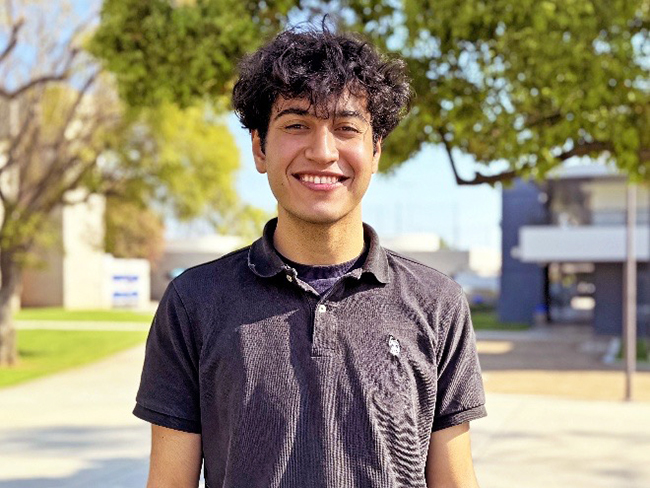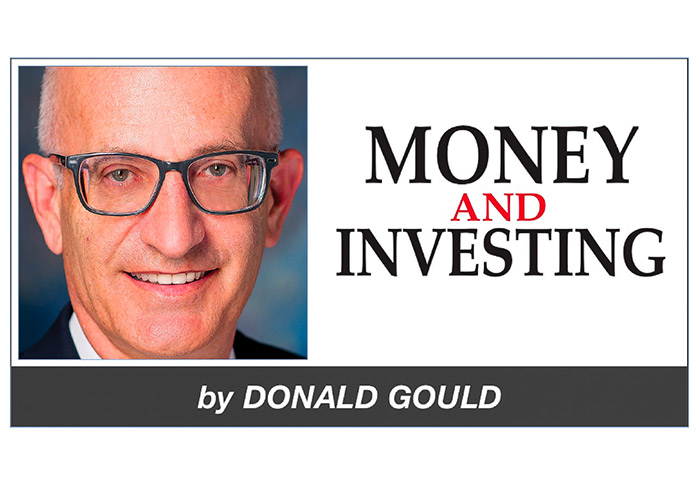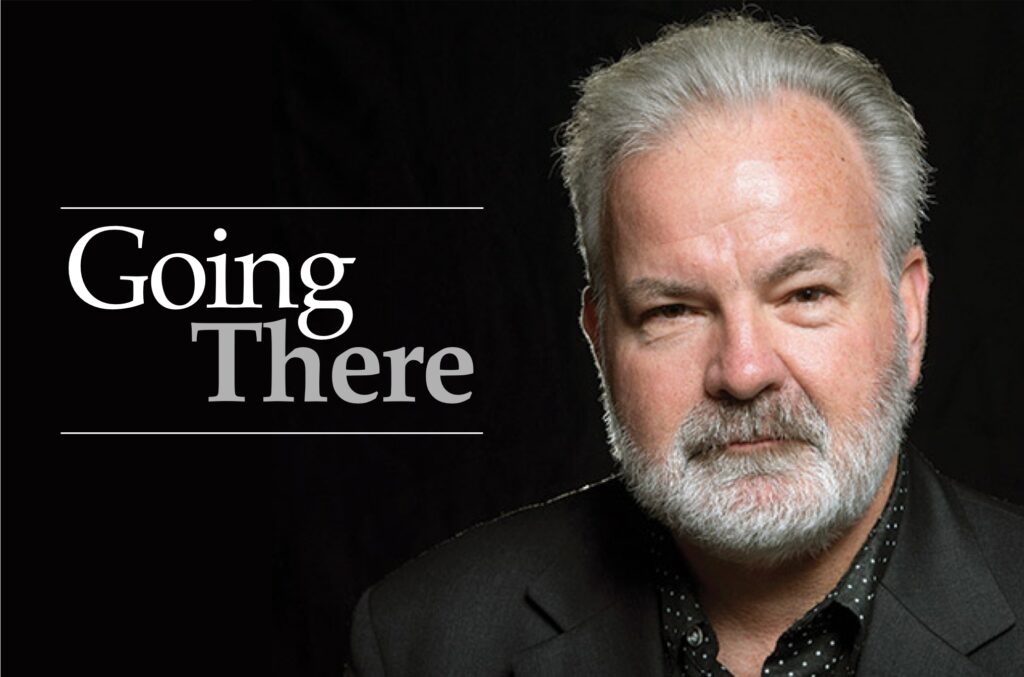VIEWPOINT: Controversial speakers must not be censored
Students from the Claremont Colleges swarmed the Marian Miner Cook Athenaeum at Claremont McKenna College last week, where conservative commentator, author, journalist and lawyer Heather Mac Donald was to speak in defense of police officers and argue against the Black Lives Matter movement.
About 300 protesters, who argued that Ms. Mac Donald is a racist and should not be allowed to speak, managed to block access to the building, forcing Ms. Mac Donald, already inside, to speak to a nearly empty room and an audience watching via livestream.
But no matter what her views—even if she has opinions that one finds personally abhorrent—her right to express those views must be defended at all costs.
Free speech is protected by the all-important First Amendment, and the right to express one’s beliefs should be celebrated and encouraged, not condemned. As a journalist, my profession is protected under the same tenet, and I will always come to the defense of free speech.
Unfortunately, somewhere in college students’ ongoing crusade to combat bigotry and hatred, they began refusing to listen to anyone whose views and ideas differ from their own. If you’re not ultra-liberal and progressive, they’ll bury their heads in the sand—and your head, too.
In the real world, not everyone is going to agree on everything. Isn’t the point of a college education to stretch your mind, consider new vantage points and listen to different points of view?
Apparently not, according to the protesters’ Facebook page, which proclaimed: “We cannot and will not allow fascism to have a platform.”
But that’s exactly what must happen. Fascism must be allowed to have a platform, just like the Ku Klux Klan and Neo-Nazis must be allowed to march through towns and hold speeches. Look at landmark free speech Supreme Court cases Brandenburg v. Ohio and National Socialist Party of America v. Village of Skokie. You don’t have to like what they say, but you should defend their right to say it.
Free speech doesn’t only apply to speech with which you agree. If people get to arbitrarily decide what speech is permissible and what isn’t, you could very quickly find that your own beliefs and opinions are censored, depending on who is making those decisions. Abolitionists were censored in the early 19th century by gag rules until they successfully argued that their freedom of speech was being violated.
The outburst against Ms. Mac Donald at CMC is just the latest in a series of actions suppressing free speech and preventing speakers from talking to students, both in Claremont and at college campuses around the country.
Over winter break, I was in Davis, California when far-right commentator Milo Yiannopoulos came to speak at UC Davis. Interested in hearing from someone who espouses what could be called extreme and provocative views, I waited in line to hear Mr. Yiannopoulos, only to be disappointed when protesters caused the event to be canceled.
Protests over Mr. Yiannopoulos’ visit to UC Berkeley turned violent in February, while protesters last month at Middlebury College gave a professor a concussion during their attempt to drive out scholar Charles Murray and prevent him from speaking.
But not all speech is protected under the First Amendment. The Supreme Court ruled in Schenck v. United States that “the most stringent protection of free speech would not protect a man falsely shouting fire in a theater and causing a panic.”
Aha! Then hate speech—which many are accusing Ms. Mac Donald and others of uttering—must not be protected either, right? Well, no.
According to the Newseum Institute’s First Amendment Center, a nonpartisan forum that focuses on issues related to freedom of expression, religion and the press, there are nine categories of unprotected speech: obscenity, fighting words, defamation, child pornography, perjury, blackmail, incitement to imminent lawless action, true threats and solicitations to commit crimes.
I would argue that some of the comments made by President Donald Trump at campaign rallies last year fall under this category; for instance, he told supporters at a rally in Cedar Rapids, Iowa on February 1, 2016 that “if you see somebody getting ready to throw a tomato, knock the crap out of them.”
But there was no indication that Heather Mac Donald was planning to incite the crowd to beat up black people in the audience; short of such immediate, incendiary language, she should have been allowed to make her case.
As free speech law professor Eugene Volokh noted in a 2015 Washington Post article, “one is as free to condemn Islam—or Muslims, or Jews, or blacks, or illegal aliens, or native-born citizens—as one is to condemn capitalism or Socialism or Democrats or Republicans.”
Fortunately, members of the CMC administration have come down on the side of free speech. President Hiram Chodosh promised that students found responsible for violating campus policy by blocking access to buildings will be “held accountable.”
As a student at the Claremont Colleges, it is especially heartening to see that Mr. Chodosh is distinguishing between protesters in general—because protesting in itself is an act of free speech and expression—and people impeding access to the speech, who are essentially engaging in censorship.
“The breach of our freedoms to listen to views that challenge us and to engage in dialogue about matters of controversy is a serious, ongoing concern we must address effectively,” Mr. Chodosh wrote in a message to the campus community.
Andrew Busch, Claremont McKenna’s director of the Rose Institute, who invited Ms. Mac Donald to campus, also expressed support for free speech in an email to students days before the protest.
“Genuine racism is a terrible thing, something we should oppose with every fiber of our being,” Mr. Busch wrote. “It should not be trivialized and turned into a bludgeon with which to shut up critics or keep friends in line. If we ever accept that approach we will have taken a giant step toward surrendering freedom of thought and expression.”
My college president, David Oxtoby, weighed in with an email to Pomona students.
“We remain fully committed to the exercise of free speech and academic freedom at Pomona College, while affirming the value of nondiscrimination and condemning racism in all forms,” he wrote. “Colleges and universities have a unique opportunity and responsibility to bring challenging issues forward for dialogue, even by those with whom we may disagree or whose speech we find offensive.”
The administrators’ sentiments are spot-on. One can think Ms. Mac Donald is a racist and vehemently disagree with her positions, however, censorship and suppression of free speech should not be tolerated on a college campus or anywhere else.
—Kellen Browning
[Editor’s note:?A version of this article appeared in The Student Life, the Claremont Colleges’ campus newspaper. —KD]










0 Comments